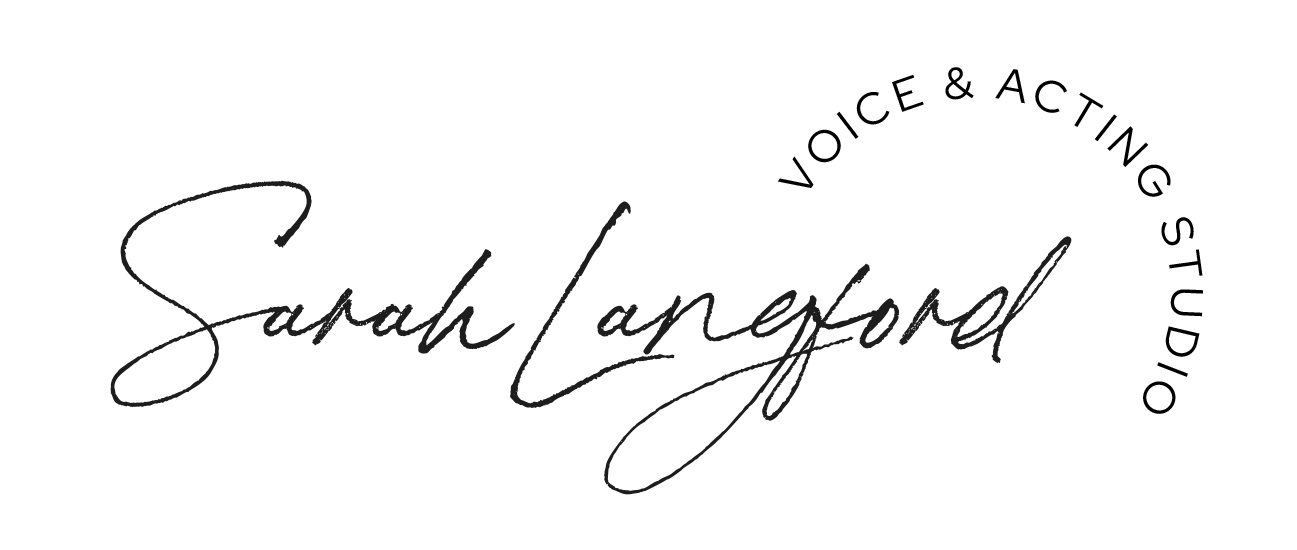How to Choose the Right Song Repertoire for Your Voice
A frequently asked question in my studio is: “How should I select songs that best suit my own voice?” I am often asked to assist and guide in repertoire selections for my students.
It’s really important to keep learning new repertoire in a variety of genres. If you are consistently working on your technique and building healthy singing methods, your voice will develop optimal tonal outcomes which can be utilized in a variety of styles. Singing in different genres can increase your vocal abilities and skills. Don’t be afraid to explore. Expand your identity as a singer.
Here is a list of CRUCIAL THINGS TO CONSIDER when choosing a repertoire.
BE MINDFUL OF THE EMOTION OF THE SONG
To begin with, choose songs that ignites your emotions. Can you connect to the lyrics of the song? How do the words make you feel?
JOURNEY OF LEARNING THE SONG
I recommend recording yourself at the start of learning a new song. Be honest in the journey ahead. Is it a song you can sing this week, or is it a song that is part of the longer-term technical journey? One of my tasks as a teacher is to carefully choose repertoire that ensures progress and success. I like to challenge my students but not allow a song to defeat them.
RANGE
Vocal range is the distance between our lowest singable note and our highest singable note. You should choose music that is in your range unless the goal is to use a song to expand your range.
TESSITURA
Evaluate the tessitura of a song, not just the range. Initially, as students begin to develop technique it is important to avoid tessituras that are uncomfortably high or that sit in a tricky passaggio zone.
There are two tessituras to consider. There is the song tessitura and the singing voice tessitura. Singer tessitura is the acceptable and comfortable vocal range where the voice blooms. Song tessitura is the highest occurrence of a note in a piece.
Finding your voice tessitura is a matter of doing a messa di voce exercise. Find the area of your vocal range where you can crescendo and decrescendo on a sustained note with a good amount of ease.
Song tessitura can be determined by a simple visual scan or by a note count, remembering to take the duration of a held note into account.
PHRASE LENGTH
Many beginner singers struggle to sing through extremely long phrases. As you learn more singing techniques and improve, you will gain stamina and efficiency that allows you to sing longer with less fatigue.
WHAT IS THE SONG FOR?
Is the song for masterclasses, private lessons, concert, or auditions?
When choosing a song to perform in a masterclass or lesson, you can freely choose a song that has some challenges you are currently working on. Choosing an audition song should be a song that shows you off and lets you be seen as a contender for the roles you seek. Choose a song that you can sing. Don’t pick a song that you think will impress just because of its level of difficulty.
A concert or recital song should not only show you off, but should allow you to release and show your emotions. You should take into account that in a lesson, or a masterclass, or a concert it is acceptable to change the key of a song. I do not recommend doing that in music theatre auditions. Music Directors want to know if you can sing in the range of the role you seek.
ACCOMPANIMENT
If choosing a song for an audition with a live pianist who has never seen the music before, I don’t recommend picking a really challenging accompaniment.
EXPLORE HISTORY
For music theatre singers, stylistically this genre has changed over the years. A musical theatre song from 1930 will sound completely different than a contemporary musical theatre piece from 2022. You should incorporate these different historical singing styles into your repertoire selections.
SING FROM YOUR VOICE TYPE
Unless it's for learning purposes, picking a song with requirements that are not in your voice type isn’t recommended. Don’t pick a song that requires a lot of belt, until you safely know how to belt. If you choose something that is difficult for your voice it is an easy way to ruin your confidence!
DON’T IMITATE
When you spend time imitating someone else’s voice or singing style it can make you sing outside of your comfortable physiologic range or current vocal skill level. This could result in vocal injury. By all means, study the style, learn the riffs and bends and examine what makes the famous singer unique. After you’ve taken that knowledge in, find your own voice.
SING FROM THE HEART
Sing from the heart rather than from a desire to show technical prowess. Open your ears and mind to listening and researching different styles and genres of song. Take some masterclasses to hear other performers sing new repertoire. Expand your knowledge base. Find songs that speak to you.
LESSONS
Once you’ve made some choices be sure to bring them to a great vocal teacher and have some singing lessons. Singing is a journey. Choose the songs that will take you down this path with care. Give yourself plenty of time to reach your goal. I’d love to help you find songs that will take you on an amazing path. Contact me for private lessons or to join one of my masterclasses. Keep Singing.

